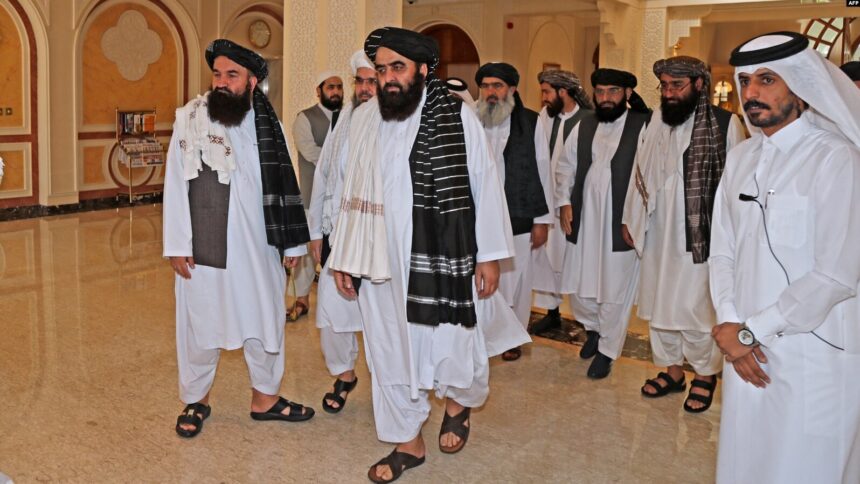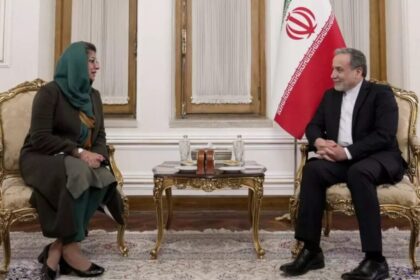RASC News Agency: In a detailed analysis published by Pakistan Today, Russia’s recent decision to remove the Taliban from its official list of terrorist organizations has sparked deep concern across the region. The newspaper asserts that for Islamabad, Moscow’s evolving diplomatic posture towards the Taliban represents not only a profound shift in regional dynamics but also a direct threat to Pakistan’s national security architecture. The analysis argues that the core contradiction in this unfolding development lies in the Taliban’s dual identity: while positioned as a potential partner for Moscow, they remain an enduring source of instability for Islamabad. The report underscores that what is most alarming about Russia’s move is its apparent dismissal of the concerns of neighboring states particularly Pakistan which has endured decades of violence fueled by Taliban-linked militant networks.
Pakistan Today further observes that Iran, the Central Asian republics, and Pakistan share aligned apprehensions over the Taliban’s role in exacerbating regional insecurity. Nevertheless, Moscow has proceeded with its policy shift unilaterally, without engaging these critical stakeholders a move likely to strain regional trust and coordination. While Russia’s primary objective appears to be the fortification of its southern borders against threats such as ISIS-Khorasan, the analysis warns that this recalibration may inadvertently jeopardize the security of Russia’s traditional regional partners, with Pakistan standing most exposed. On Thursday, April 17, the Supreme Court of Russia approved a petition from the Prosecutor General’s Office, formally suspending the Taliban’s terrorist designation a decision that took immediate effect.
In response, Taliban spokesperson Zabihullah Mujahid welcomed the Russian decision, praising President Vladimir Putin for adopting what he called a “correct and forward-looking policy” and expressing hope for the expansion of economic and diplomatic relations between Moscow and Kabul. The article highlights that Islamabad has consistently advocated for stronger international measures against the Taliban, particularly in light of the group’s ongoing facilitation of militant actors such as Tehrik-i-Taliban Pakistan (TTP), which remains a central threat to Pakistan’s internal stability. The establishment of a direct diplomatic channel between Moscow and Kabul, Pakistan Today warns, risks escalating tensions between Russia and Pakistan, complicating Moscow’s ambitions to construct a new strategic axis in Central and South Asia.
However, the analysis also suggests that Russia’s recalibration, while fraught with risk, presents Islamabad with a critical diplomatic opportunity. With Russia now directly engaged with the Taliban, Pakistan could leverage this development to intensify pressure on the group, seeking concessions related to counterterrorism and regional stability. If Islamabad can adroitly navigate this evolving landscape and forge a strategic dialogue with Moscow, it may be able to extract meaningful commitments from the Taliban regarding the containment of transnational militancy. Consequently, the analysis concludes, Pakistan must abandon a posture of passive observation and assume a proactive, strategic role in shaping the region’s emergent security configuration.






